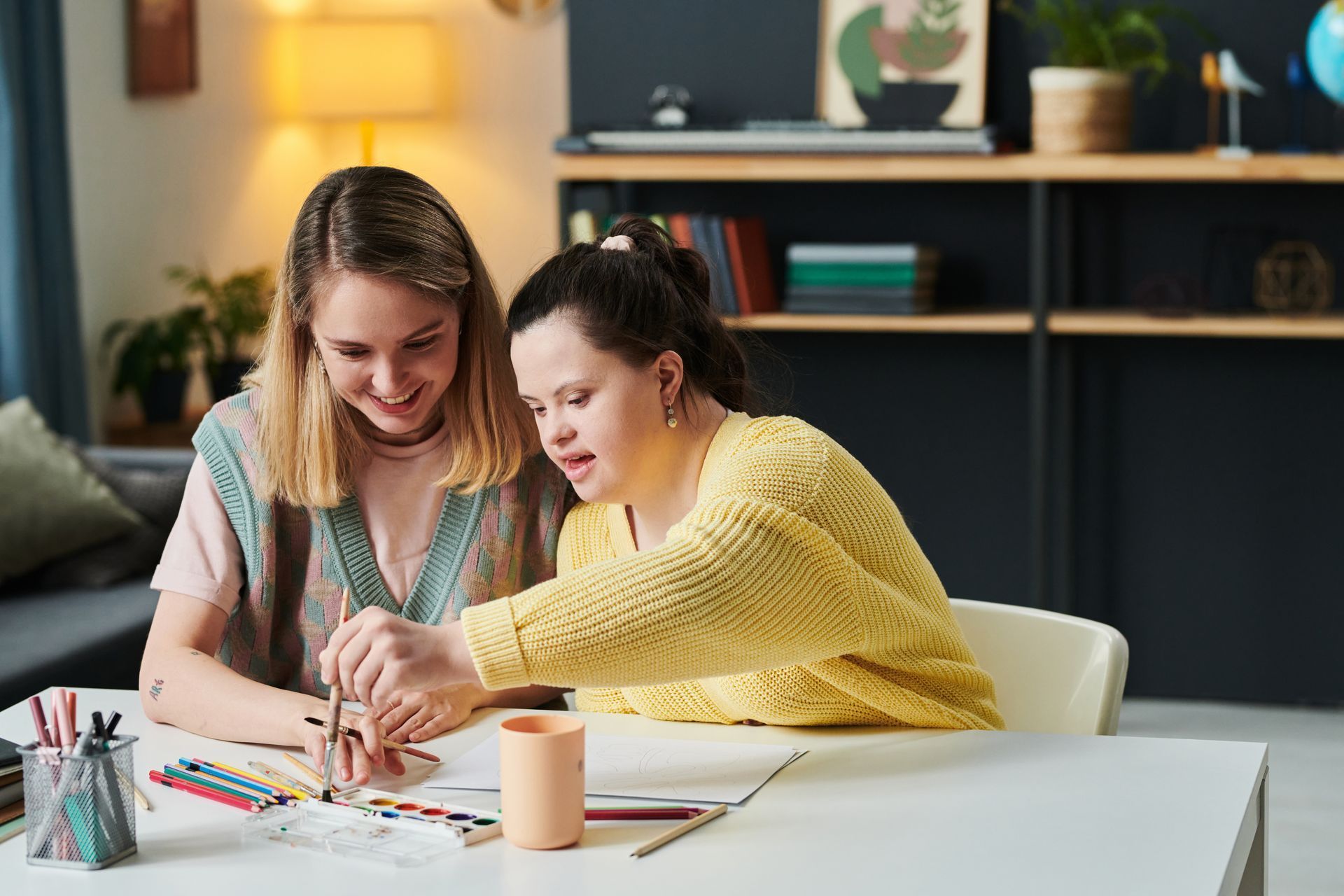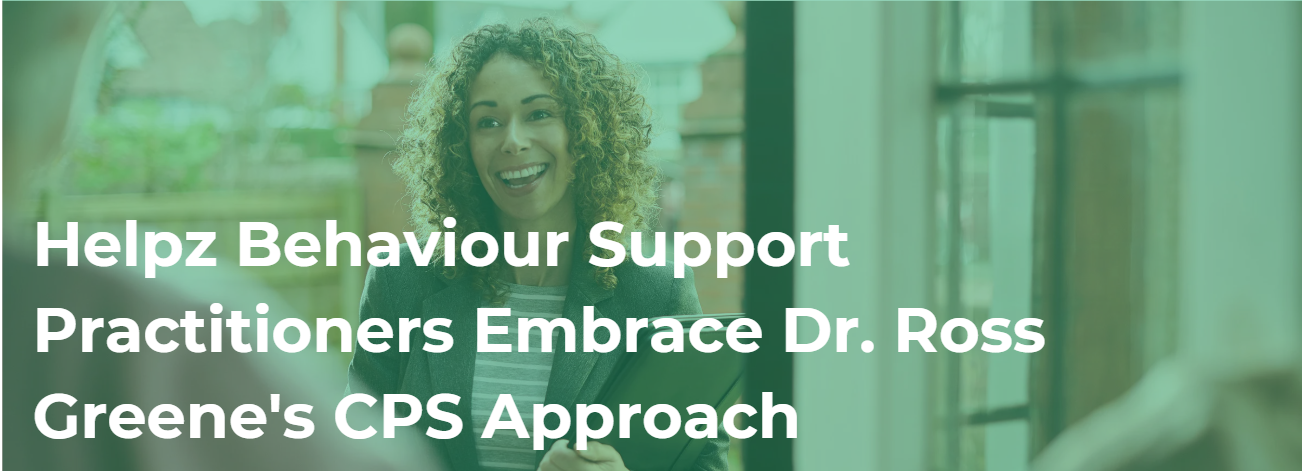Continuity of care for NDIS Participants: overcoming disruptions together

Continuity of care for every step of your NDIS Journey

Uninterrupted support for unmatched progress and improved outcomes for NDIS Participants
We understand the critical impact that disruptions or prolonged wait times can have on NDIS Participants' quality of life and their journey towards independence. We recognise that timely and uninterrupted access to services is essential for maintaining progress and avoiding setbacks. That's why we're deeply committed to enhancing service continuity, ensuring that every Participant can stay on their developmental trajectory.
Bridging the gap: our commitment to you
Our robust capacity for managing both new and ongoing referrals positions us uniquely to mitigate waitlist challenges. In times when another provider faces delays, helpz is ready to step in. We offer immediate engagement and support to bridge any service gaps, ensuring that no Participant is left without the care they need.
Our comprehensive approach spans all disciplines in Allied Health and Behaviour Support. We prioritise initiating supports promptly, regardless of waitlists or discipline, focusing always on you, the Participant. For those facing NDIS funding gaps or requiring urgent assistance, our team is adept at providing interim support, ensuring your continuity of care remains uninterrupted.
Navigating seasonal challenges together
School holidays and the winter months can bring their own set of challenges for NDIS service continuity. Planned and unplanned leave can disrupt the regular support rhythm. We specialise in bridging that continuity gap, ensuring that every NDIS Participant receives the support they need, when they need it. We will even work with your existing care providers to provide support during care interruptions and can fast track NDIS Participants through wait list delays with our capacity for new NDIS referrals.
Adapting to your needs: flexibility in service delivery
At helpz, we understand that there may be times when an NDIS Participant is unable to attend sessions due to illness or other circumstances. Our commitment to continuous care means adapting our approach to ensure that your support, planning, and goal strategies can continue, uninterrupted, even when face-to-face sessions aren't feasible.
Carer-to-clinician sessions
During periods when a Participant is unwell, we offer the option for carers to meet with clinicians on their behalf. This approach allows us to:
- Maintain momentum towards the NDIS Participant's goals and strategies.
- Adjust care plans in real-time, ensuring they remain aligned with the NDIS Participant's current needs and circumstances.
- Provide carers with guidance, resources, and support, empowering them to effectively assist the participant during their recovery.
Leveraging technology for uninterrupted support
Recognising the challenges of in-person support during times of illness or when mobility is restricted, helpz incorporates technology services as a core component of our care model. We can provide NDIS participants with:
- Virtual consultations: Engage in tele health sessions with our allied health professionals and behaviour therapists, ensuring continuity of care from the comfort of your home.
- Flexible scheduling: Arrange sessions at times that work best for you, accommodating changes in routine or care needs.
- Accessible resources: Gain access to digital resources and tools recommended by your allied health clinician and NDIS provider, supporting your progress and learning outside of sessions.
Ensuring seamless care for NDIS Participants
Whether transitioning temporarily to carer-to-clinician sessions or utilising telehealth options, our goal remains the same: to ensure you continue to receive high-quality, uninterrupted care tailored to your needs. Our team is committed to flexibility and innovation in our service delivery, ensuring that every participant can continue their journey towards independence and well-being, regardless of the challenges that may arise.
Connect with us: enhance your service continuity
Whether you’re a Support Coordinator, partner provider, carer or a Participant looking to enhance your continuity of support, helpz is here to assist. Discover more about our continuity of support engagement model and how we can help you navigate through challenges and maintain your progress. Contact us today and take the next step in securing uninterrupted care and support through all seasons.
Find out about our continuity of care engagement model
News & Insights
Check Our Latest Resources







